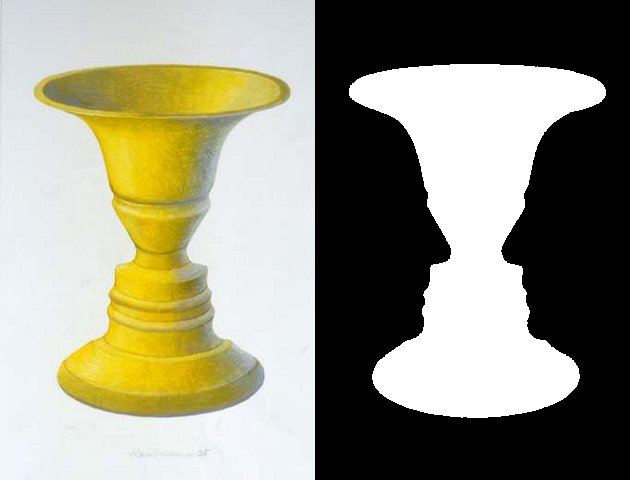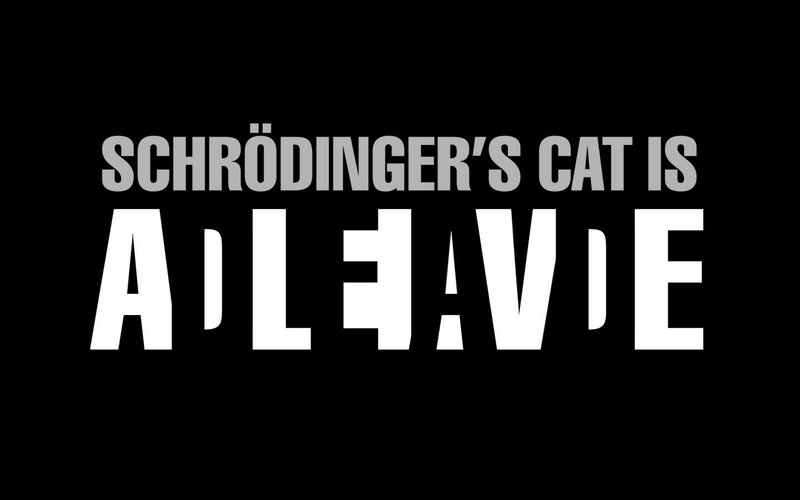If you haven’t heard a person describe someone in their life as crazy, then I could reasonably assume that you’ve only recently taken up habitation on planet Earth. There must be some coding in our DNA which urges us to make this assessment at some stage in our processing of conflict. [citation needed] .
I’m not going to dive into every implication here, including how it’s representative of ableism. But this is where my mind goes when I hear someone describe another as crazy (usually dudes talking about women they’ve associated with): I assume they haven’t done the work of understanding the person they label as such. “Crazy” can easily indicate the mindset of the describing party, a word with which it rhymes: lazy.
I know someone close to me who I’ve probably described in the past in this way. But crazy doesn’t really tell anyone anything. It’s a featureless void down a poisoned well.
If you had to distance yourself, make boundaries, or otherwise protect yourself from someone, it is worth understanding and expressing exactly why, to the best of your ability, for your own sake and others’.
The person in my example is not crazy. But they are emotionally abusive, blindly and rabidly defensive, petty, and manipulative. They have proven they cannot take criticism, but instead will deflect blame back on the offended party. They’ve exchanged their own autonomy and critical thinking for a blind loyalty to a system. They have bullied those around them into silent acquiescence. They cover for their own ignorance on many key points by employing loud ad hominem attacks. And there will be peace with them only as long as you conform to their whims to their satisfaction.
But they are not crazy.
Precision in our language is about more than “political correctness” or some other convention. Precise language gives proper weight to its subject. Precise language is “STOP: Bridge Closed” instead of “Caution: Reduce Speed”. Accurate character or behavior assessments not only provide the necessary cautions, but are also the only basis for any real change in thinking or behavior. And if you can’t delve any deeper into someone’s character than to dismiss them as crazy, maybe… it’s not them who is the problem. Maybe you missed sign after sign, hint after hint, invitation after invitation to go deeper and truly understand them, and they lost all patience, trust, or hope in your ability or desire to see them. Just maybe.
We are often unable on our own to untangle the mess others have put us in. Therapy, counseling, time and distance, and the wisdom of friends are all needed sometimes. We owe it to everyone involved to try to do better than “they are crazy”. We’d be crazy not to.


You must be logged in to post a comment.